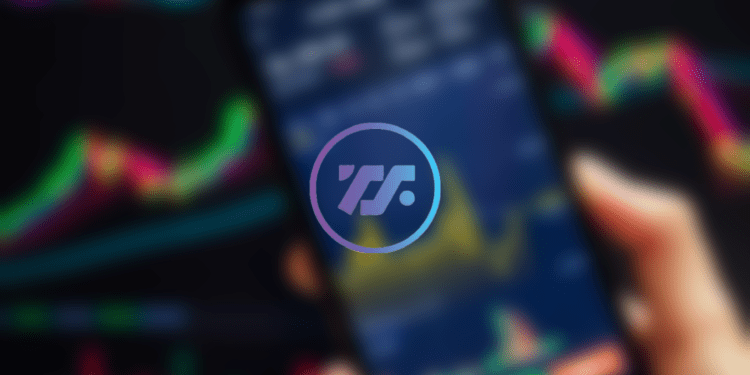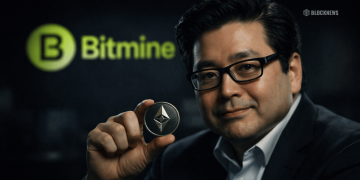DeFi lending platform TrueFi has announced the first default on a BUSD loan, calling out Blockwater Technologies for a $3.4 million loan. According to the issue notice dated October 6, 2022, the Korea-based company missed a scheduled payment due on its amended 3,419,190 BUSD loans.
According to the report, there was a thorough out-of-court workout between TrueFi Credit Group and Blockwater when the loan amendment took place to raise the borrowing rate and extend maturity. In the end, TrueFi determined that a potential administrative proceeding
spearheaded by the court would achieve a better outcome.
Speaking about how the company preferred to handle the issue, Roshan Dharia said:
“While we always prefer to pursue an out-of-court solution with distressed borrowers, in some instances, an administrative proceeding is the best option in preserving value for stakeholders.”
Roshan is the head of lending at ArchBlock, which manages relationships between lenders and borrowers on the TrueFi protocol.
The decision by TrueFi Credit Group comes as the loan default has become rather complex following the sudden insolvency. The report also revealed that the $3.4 million loan represents approximately 2% of TrueFi’s total value outstanding and is currently in an active restructuring to maximize recovery for affected BUSD lenders.
TrueFi’s Commitment To Lender And Stakeholder Protection
As the TrueFi-Blockwater discussions ensue, the credit group has committed to focusing on recovery on behalf of its lenders and stakeholders. This comes as the company looks to ensure it promptly meets all reporting and compliance requests amid challenging market conditions. The company assures:
“The Blockwater default does not affect lenders in TrueFi’s USDC, TUSD, USDT stablecoin lending pools, nor any of TrueFi’s capital market portfolios.”
Although Blockwater’s loan represents the only default case reported by the credit group, TrueFi remains strict and proactive with existing borrowers. To this day, Blockwater has made eight payments towards loan repayment, totaling $645,405. As of default time, the amount due was $2,967,458.
TrueFi has also promised to make complete disclosures with subsequent updates to community members via TrueFi Twitter as and when the situation unfolds, noting that any action required by TrueFi DAO will be subject to token holder vote and approval.
Crypto industry’s insolvency crisis
Blockwater’s default is the latest addition to the crypto industry’s insolvency crisis. The dramatic downturn across the crypto market following the Terra blockchain collapse in May has led several high-profile crypto companies to file for Chapter 11 Bankruptcy. The firms toppled to this effect include Three Arrows Capital (3AC), Celsius Network crypto lender, Voyager Digital asset broker, and Compute North, the famed crypto-mining data center operator.
However, despite bearish market conditions, demand remains high and continues to outpace available capital. TrueFi’s reliance on a traditional yet rigorous underwriting structure has enabled the lending protocol to maintain healthy and active loan books across the crypto and real-work lending spheres.
TrueFi Lending Mechanics
The lending protocol facilitated $140 million of active lending across ten loans at press time. This underscores TrueFi’s belief that the loan book is still solid. TrueFi boasts more than $1.7 billion in unsecured loans, with the successful collection of almost $1.5 billion in repayments across 136 loans. With this, the lending protocol has generated up to $34.34 million in interest for lenders.
The company offers lenders well-thought-out protections against default in the form of TrueFi SAFU, which controls a fund dedicated to helping those affected by bankruptcies. It also provides staked TRU slashing, which may appropriate almost 10% of staked TRU for the benefit of lenders affected by default as directed by the DAO.
Invocation of these mechanics and collection actions against the borrower is extensively discussed on the TrueFi forum. The credit group leverages continued borrower demand and support from significant lenders and actively seeks out more loan renewals.














